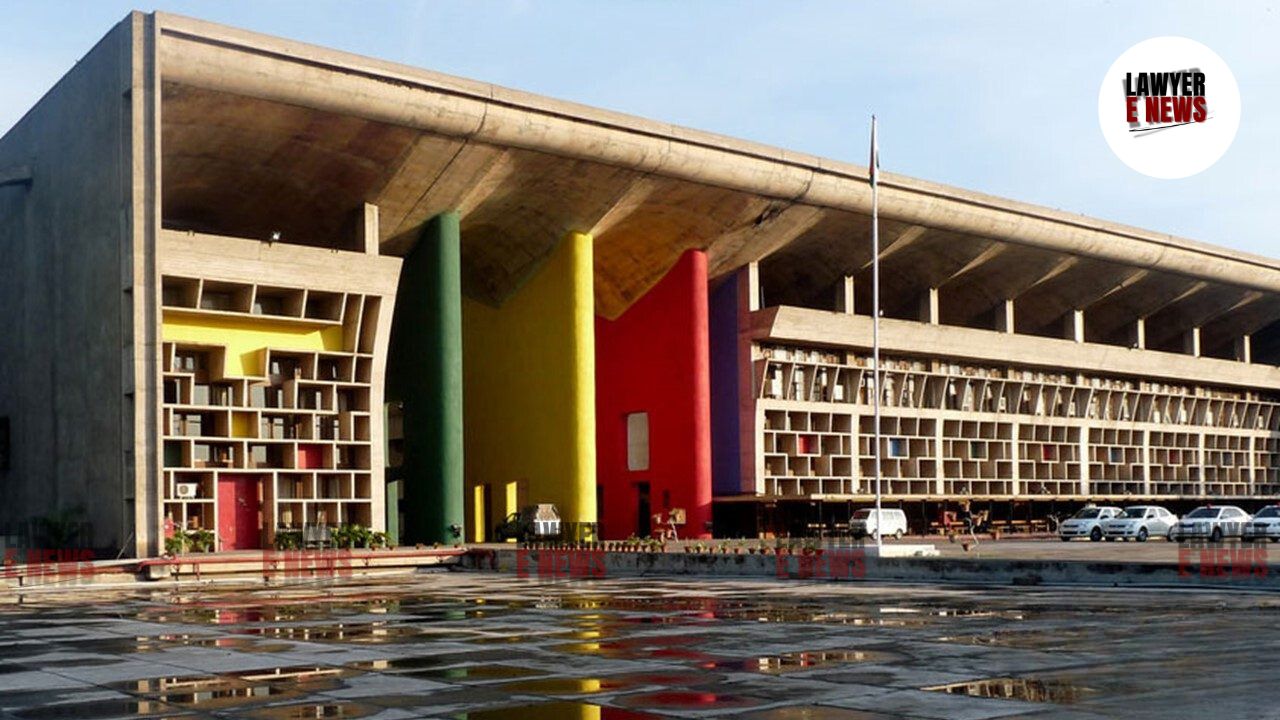-
by Admin
15 February 2026 5:35 AM



Punjab and Haryana High Court dismissed a petition by Rakesh Kumar, who sought an interim injunction to prevent his co-sharers from raising construction on a disputed parcel of jointly owned land. Justice Alka Sarin held that as a co-owner, Rakesh Kumar could not restrain other co-owners from using the joint property unless their actions amounted to ouster or harm to the value of the property.
The case arose after the petitioner challenged the validity of a sale deed executed by his sister, Chander Kanta, who sold her share of the property to third parties. Kumar sought to bar the buyers from raising construction until the property was partitioned.
Justice Sarin emphasized that under established legal principles, every co-owner has a right to possess and utilize every portion of joint property, subject to equitable division upon partition. The Court referred to multiple precedents, including Bachan Singh v. Swaran Singh and Jangir Singh v. Naranjan Singh, which confirm that construction by a co-owner does not amount to ouster unless it diminishes the property's value or utility for other co-owners.
The Court stated, “A co-owner cannot seek an injunction to prevent others from using their share of joint property unless the usage directly prejudices the rights of the others.”
The Court observed that the petitioner’s remedy lay in seeking partition of the property rather than restraining the co-owners from exercising their lawful rights. It held that the construction activities undertaken by the purchasers were at their own risk and would be subject to adjustment during the partition process.
The judgment highlighted that disputes over the extent of co-ownership or use of specific portions of joint property should be resolved through partition proceedings rather than litigation over interim reliefs.
The High Court upheld the trial court and first appellate court’s decisions, both of which had rejected Kumar’s injunction plea. It ruled that the petitioner failed to establish a prima facie case, balance of convenience, or irreparable harm—three crucial criteria for granting interim injunctions under Order 39 Rules 1 and 2 of the Code of Civil Procedure.
The Court further clarified that the construction by the third-party purchasers would not prejudice Kumar’s ultimate rights as a co-owner and would be addressed during the final adjudication of the suit.
This ruling reinforces the principle that disputes over joint property require a balanced approach to protect the rights of all co-owners. It discourages frivolous injunctions and promotes equitable resolution through partition. By upholding the rights of co-owners to utilize their shares, the judgment ensures that lawful property use is not hindered by procedural roadblocks.
Date of Decision: November 19, 2024.
